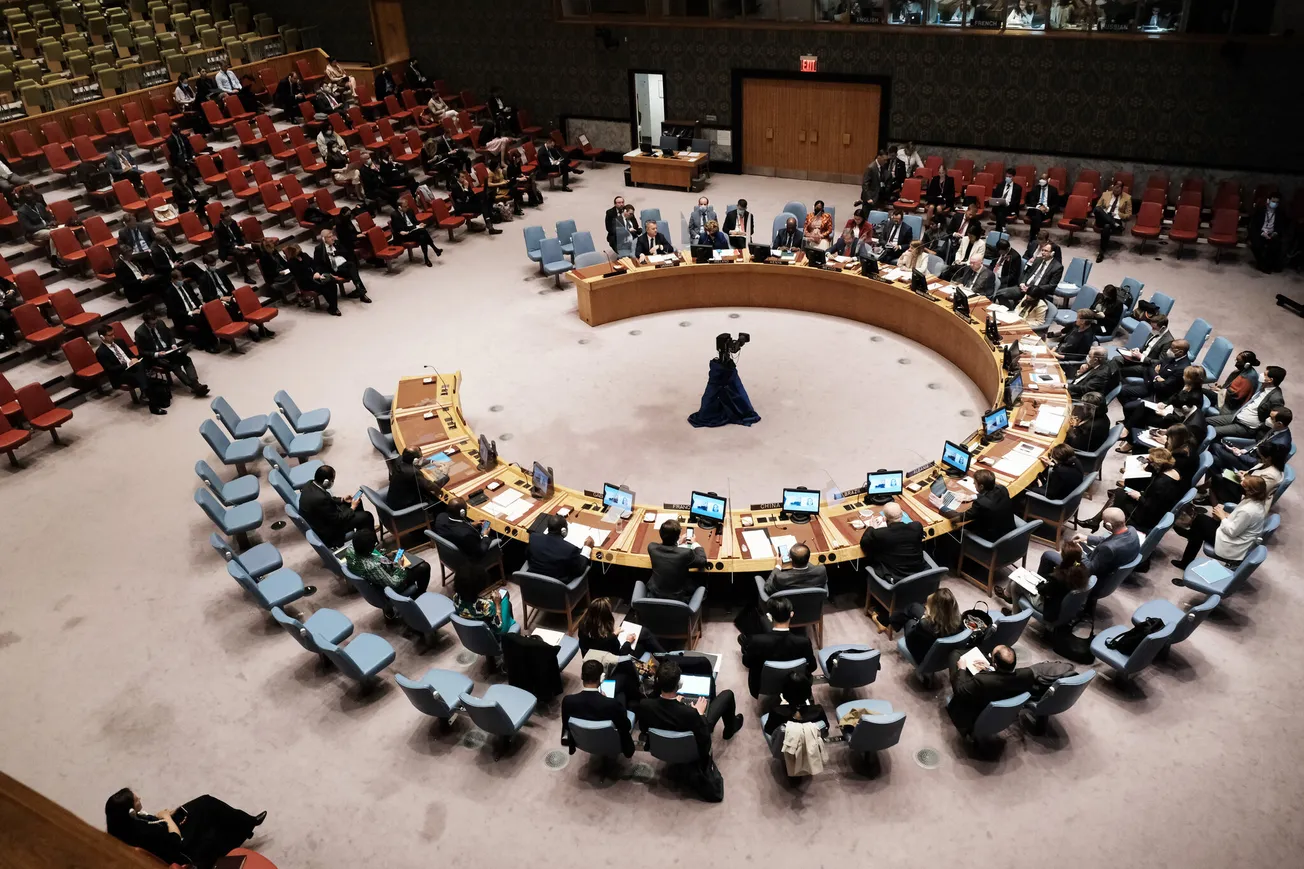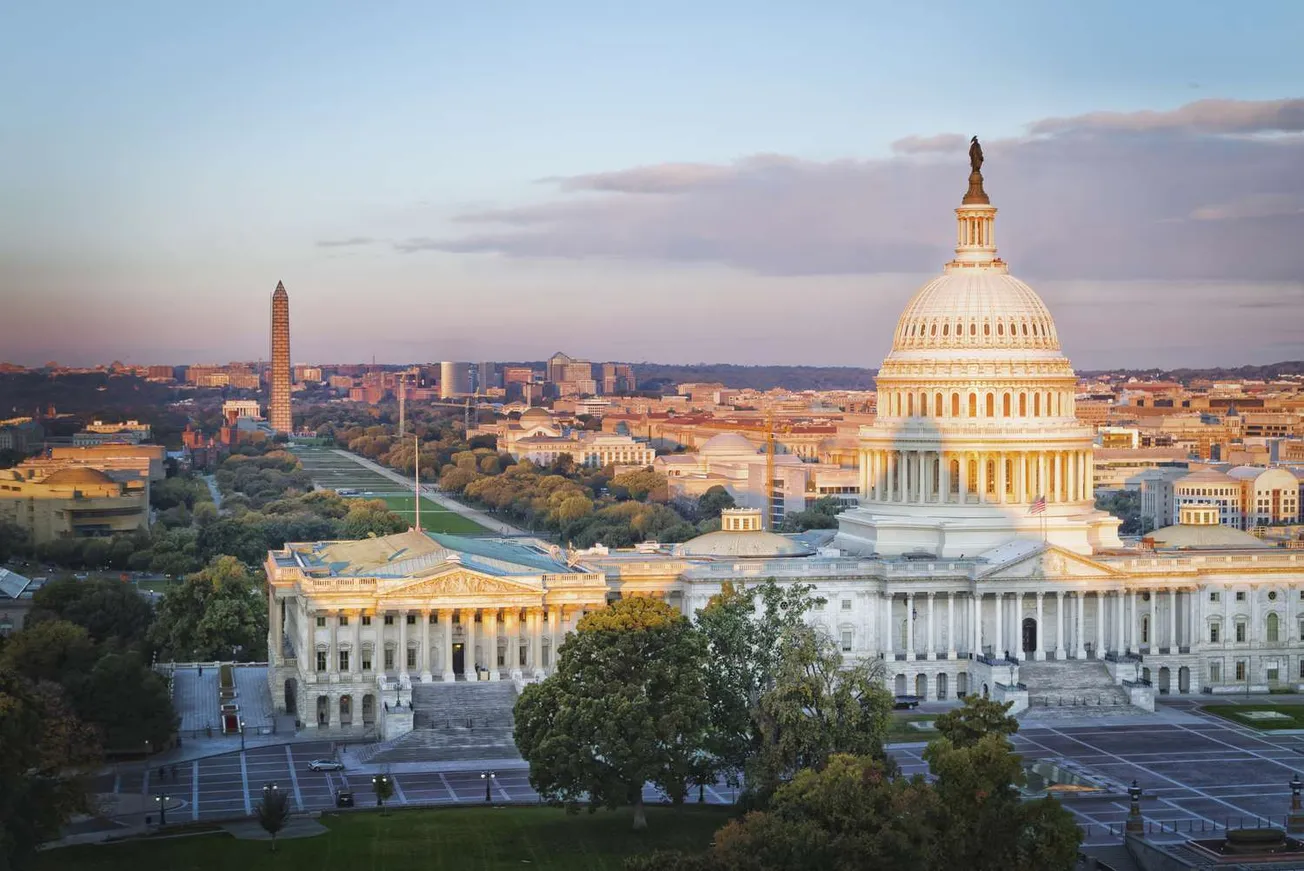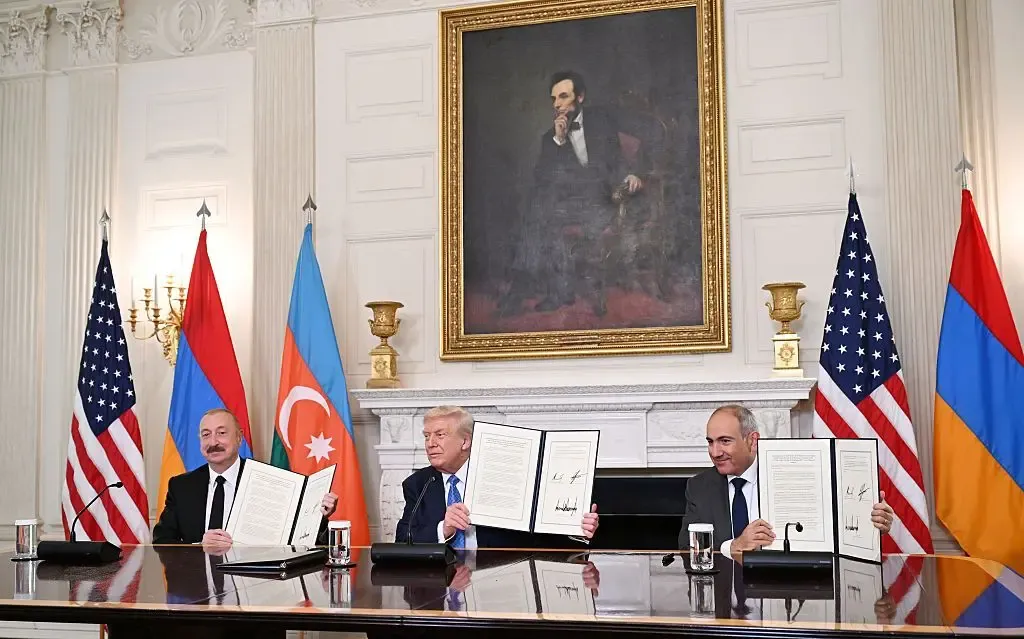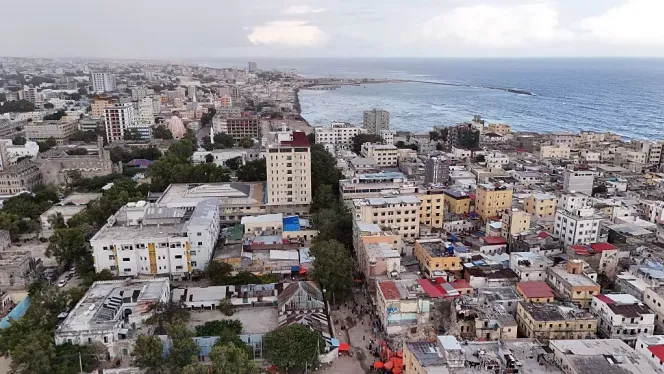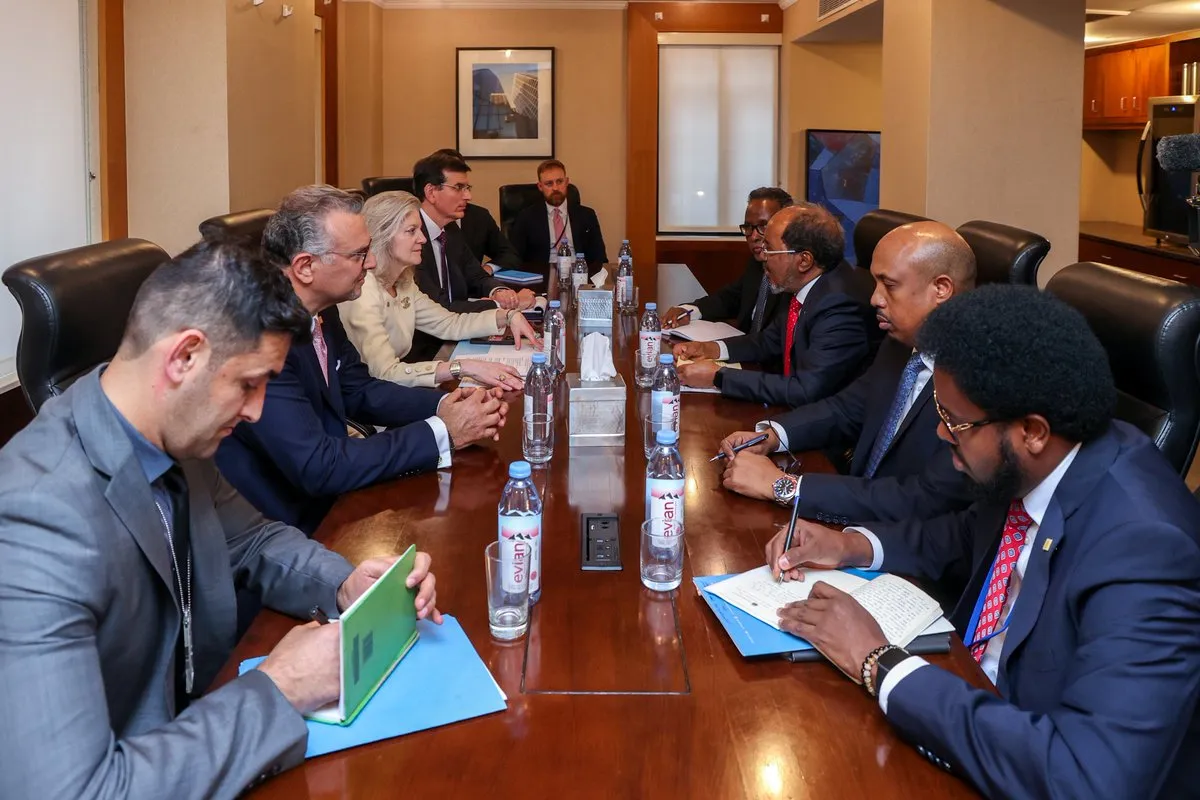Table of Contents
In January 2025, Somalia will take a seat on the United Nations Security Council (UNSC) as a non-permanent member, marking its return to this influential body after nearly 50 years. This membership presents a pivotal opportunity for Somalia to assert itself on the global stage, advancing its diplomatic, economic, and security interests while also contributing to the stability and prosperity of the Horn of Africa. For Somalia, a country that has faced decades of internal strife, this position offers a platform to redefine its international image, strengthen regional cooperation, and shape the global discourse on issues critical to its future.
Somalia’s UNSC membership is an unparalleled diplomatic tool. As one of the 15 members of this body, Somalia will have a voice in shaping international responses to global crises, including those directly affecting the Horn of Africa. This position can be leveraged to foster stronger relationships with key international partners and to advocate for increased support for Somalia’s ongoing reconstruction and stabilization efforts.
One key area where Somalia can make a significant impact is in shaping the global narrative around terrorism and state-building. Given Somalia’s long struggle against Al-Shabaab and other extremist groups, it can provide unique insights into the challenges of counterterrorism in fragile states. By pushing for more tailored international support, Somalia can help ensure that global counterterrorism strategies are better aligned with the realities on the ground in the Horn of Africa and other similar regions.
Moreover, Somalia’s role on the UNSC can be instrumental in advocating for greater international attention and resources for the broader Horn of Africa. By working with regional neighbors like Ethiopia, Kenya, and Djibouti, Somalia can aim to push for collective approaches to regional security challenges, such as piracy, human trafficking, and arms smuggling, which have transnational implications. Somalia’s active participation in discussions related to peacekeeping and conflict resolution will also help to elevate the concerns of the African Union (AU) within the UNSC, ensuring that African voices are heard in decisions that affect the continent.
Somalia’s UNSC membership also offers an opportunity to advance its economic interests. The country’s strategic location along major international maritime routes, coupled with its untapped natural resources, makes it an attractive partner for international investment. By using its platform on the UNSC, Somalia must advocate for international support in building its infrastructure, developing its energy sector, and improving its trade relations.
Somalia should also play a pivotal role in discussions about international sanctions and trade regulations, particularly those that affect developing countries. By promoting a more balanced approach to sanctions, Somalia can help ensure that such measures do not disproportionately harm vulnerable populations in its region. Furthermore, Somalia must also advocate for greater international cooperation in combating illegal fishing and the exploitation of its maritime resources, which are critical to its economic development.
For the broader Horn of Africa, Somalia’s UNSC membership could help to promote regional economic integration. By advocating for infrastructure projects that connect the region’s economies—such as railways, highways, and energy grids—Somalia can help to foster a more interconnected and prosperous Horn of Africa. This would not only benefit Somalia but also its neighbors, by facilitating trade, investment, and economic growth.
Security will undoubtedly be a central focus of Somalia’s agenda on the UNSC. The country has made significant strides in recent years to rebuild its security apparatus, but challenges remain. As a member of the UNSC, Somalia can push for a more nuanced understanding of the security challenges it faces, advocating for international support that is tailored to its specific needs.
One of the key areas where Somalia can make a difference is in the future of the African Union Transition Mission in Somalia (ATMIS), set to conclude in 2024. As the mission transitions, Somalia’s role on the UNSC will be critical in shaping the international community’s continued engagement in the country. By advocating for a robust follow-up mission that focuses on building Somalia’s own security capabilities, Somalia can ensure that the gains made by ATMIS are not lost and that the country continues on its path toward stability.
Somalia’s UNSC membership also provides an opportunity to lead discussions on regional security initiatives. For example, Somalia could spearhead efforts to create a regional security framework that addresses the root causes of conflict in the Horn of Africa, such as poverty, political exclusion, and resource competition. This could involve promoting dialogue between conflicting parties, supporting disarmament and reintegration programs, and advocating for increased development assistance to the region.
Beyond its national and regional interests, Somalia’s UNSC membership offers a chance to champion broader African and global causes. Somalia can use its position to advocate for more equitable representation of African countries in global governance structures, including pushing for reform of the UNSC itself to include permanent African representation. Additionally, Somalia can play a role in global discussions on climate change, particularly as it affects vulnerable countries. The Horn of Africa is one of the regions most affected by climate change, with severe droughts and floods exacerbating food insecurity and displacement. Somalia can advocate for greater international support for climate adaptation and mitigation efforts in Africa, ensuring that the needs of the continent are prioritized in global climate agreements.
To maximize the benefits of its UNSC membership, Somalia’s mission at the UN should focus on several strategic activities. Somalia should prioritize building alliances with key UNSC members, particularly the permanent members, to secure support for its initiatives. Engaging with other non-permanent members from Africa and the Global South will also be crucial for advancing shared interests. Furthermore, Somalia should consistently push for international support for regional security and development initiatives, emphasizing the interconnectedness of security and economic stability in the Horn of Africa. In discussions about the future of peacekeeping in Somalia, it is crucial that Somalia takes a leading role, ensuring that any new mission aligns with its national priorities and supports long-term stability.
Promoting African interests on the global stage, particularly in areas such as climate change, economic development, and reform of global governance structures, should also be a priority. Finally, Somalia should work to secure international support for its national development priorities, particularly in infrastructure, energy, and trade, by highlighting the benefits of a stable and prosperous Somalia for the region and the world.
Somalia’s return to the UNSC in 2025 is a historic opportunity to advance its national and regional interests. By strategically leveraging its membership, Somalia can enhance its diplomatic influence, promote economic development, and contribute to regional and global security. The next two years will be critical in shaping Somalia’s future, and its success on the UNSC could have lasting positive impacts for both the country and the broader Horn of Africa.


